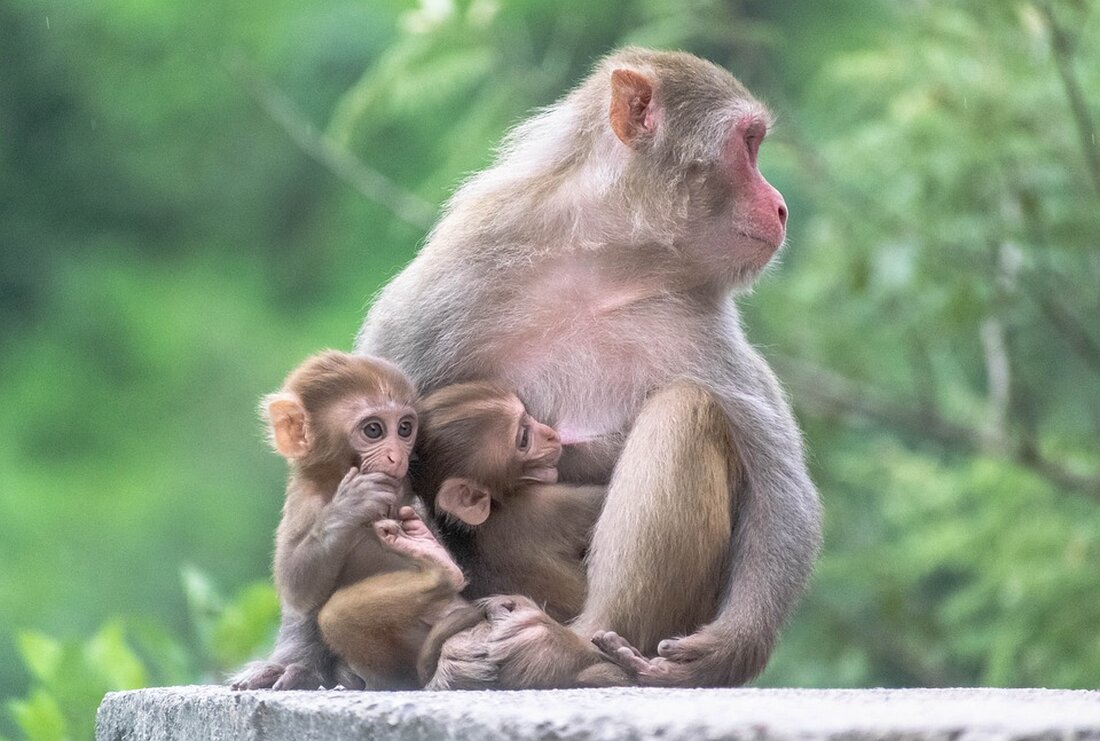Twin babies need life-saving treatment: health insurance refuses to cover the costs
Insurance denies life-saving treatment for newborn twins from US. Family launches crowdfunding appeal. Future of babies uncertain.

Twin babies need life-saving treatment: health insurance refuses to cover the costs
Health insurance refuses to cover life-saving treatment for newborn twins. The two babies from the USA, Eli and Easton Reed, were diagnosed with a rare genetic disease called Spinal Muscular Atrophy (SMA) shortly after their birth on March 31, 2024. This disease can damage and kill specific nerve cells in the brain and spinal cord. Although the disease has no cure, therapy can manage symptoms and complications to stop the disease from progressing.
Treatment for the twins includes the drug “Zolgensma,” which is no longer covered by health insurance. The family is now in financial distress and has appealed for support through a crowdfunding site. According to the family, the required medication costs between $1 million and $2.5 million per child. Zolgensma treatment is a one-time therapy that treats the genetic causes of spinal muscular atrophy.
The twins' father, Austin Reed, emphasized the urgency of the situation as the twins are not yet showing any symptoms. As soon as these occur, a reversal is no longer possible. The family has already tried to explore all available options to make treatment possible for their children. The twins' future is uncertain as the disease can lead to serious limitations. According to medical information, patients who develop the disease before the age of six months usually die of respiratory failure before the age of two.
The insurance company has rejected the parents' appeal, forcing the family to pay for life-saving therapy out of their own pocket. The parents say that without treatment the twins have no prospect of a normal life. As a result, the family is desperately struggling to find the financial means to provide their children with the medical care they need.

 Suche
Suche
 Mein Konto
Mein Konto
